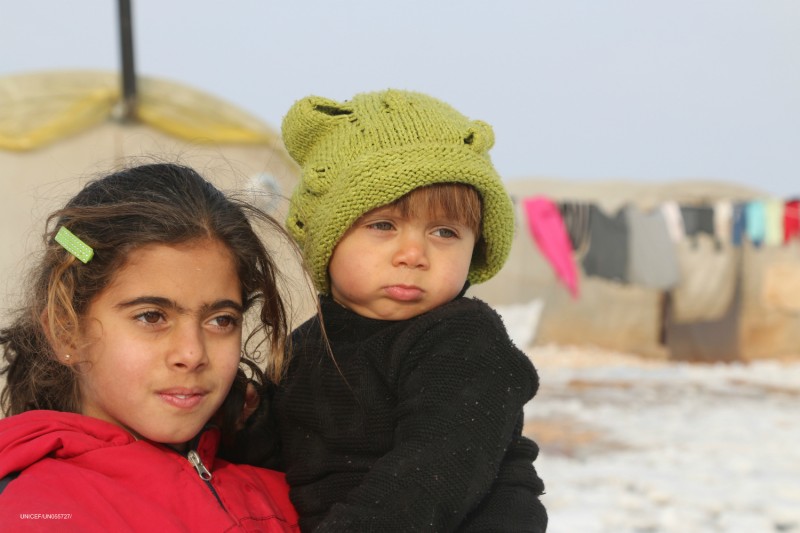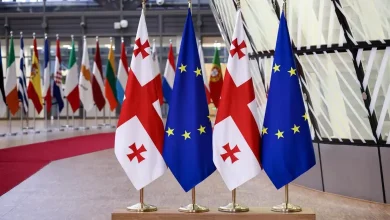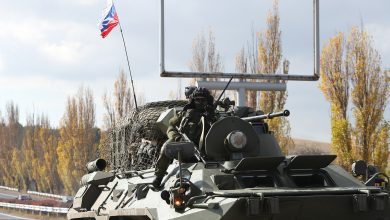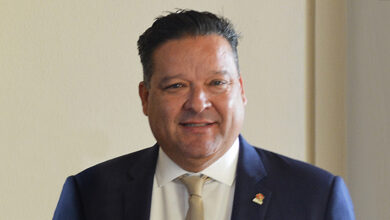UNICEF: Children’s suffering in Syria at its worst

Grave violations against children in Syria were the highest on record in 2016, said UNICEF in a grim assessment of the conflict’s impact on children, as the war reaches six years.
Verified instances of killing, maiming and recruitment of children increased sharply last year in a drastic escalation of violence across the country.
- At least 652 children were killed – a 20 per cent increase from 2015 – making 2016 the worst year for Syria’s children since the formal verification of child casualties began in 2014.
- 255 children were killed in or near a school.
- More than 850 children were recruited to fight in the conflict, more than double the number recruited in 2015. Children are being used and recruited to fight directly on the frontlines and are increasingly taking part in combat roles, including in extreme cases as executioners, suicide bombers or prison guards.
- There were at least 338 attacks against hospitals and medical personnel.
The most vulnerable among Syria’s children are the 2.8 million in hard-to-reach areas, including 280,000 children living under siege, almost completely cut off from humanitarian aid.
After six years of war, nearly 6 million children now depend on humanitarian assistance, a twelve-fold increase from 2012. Millions of children have been displaced, some up to seven times. Over 2.3 million children are now living as refugees in Turkey, Lebanon, Jordan, Egypt and Iraq.
On behalf of the children of Syria, UNICEF is appealing to all parties to the conflict, those who have influence over them, the international community and anyone who cares about children for:
- An immediate political solution to end the conflict in Syria;
- An end to all grave violations against children including killing, maiming and recruitment, and attacks on schools and hospitals;
- The lifting of all sieges and unconditional and sustained access to all children in need, wherever they are in Syria;
- Providing refugee host governments and communities with sustainable support for vulnerable children, regardless of their status, and
- Continued financial support for UNICEF’s lifesaving assistance to Syrian children.








